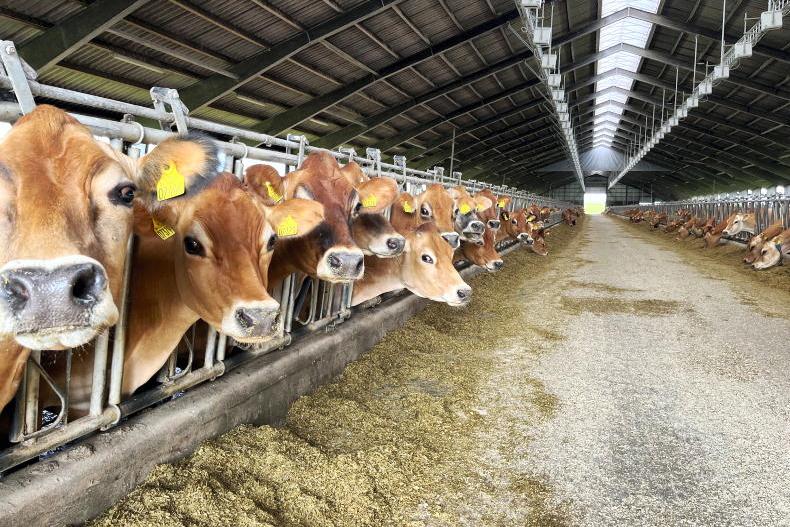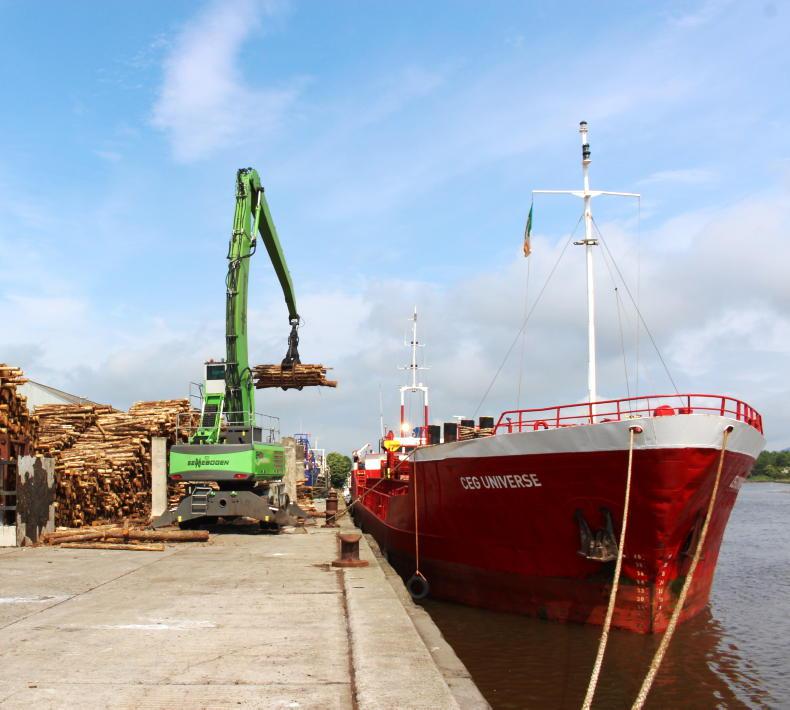Forestry must be central to the Carbon Farming Framework, Donal Whelan, technical director of the Irish Timber Growers Association (ITGA) has said.
“The association welcomes the establishment of the Carbon Farming Working Group to oversee the development of the framework, but incredibly, there is no forestry representation on this group, despite afforestation being acknowledged in the Climate Action Plan 2024 as one of the largest land-based, long-term climate change mitigation measures available to Ireland,” he said.
“The plan states that the management of our existing forests also provides opportunities to increase carbon stores.” Whelan maintained it is important that “the case for woodland creation and sustainable forest management should be made to the group,” which has been established by the Department of Agriculture, Food and the Marine.
Income
“Forestry should be a source of income for growers through their carbon storage and their capability to provide a myriad of ecosystem services,” he claimed.
“For several years, ITGA has called for a Forest Carbon Code (FCC) for Ireland to provide a quality assurance standard for carbon capture through tree planting that can generate independently verified carbon or ecosystem services units.
“Such units can then generate important revenue for growers who wish to show mitigation of carbon emissions through voluntary carbon offsets with added ecosystem service benefits.”
“An FCC initiative would facilitate carbon removals at scale, particularly where more rapidly sequestering species are planted, while simultaneously generating an economic return for the landowner – especially farmers – and the State, as well as providing rural employment,” he said.
An FCC was established in the UK in 2012. Known as a Woodland Carbon Code, it is a quality assurance standard for woodland creation.
It is supported by government, the forest industry and carbon market experts and “generates high integrity, independently verified carbon units,” in the UK.









SHARING OPTIONS